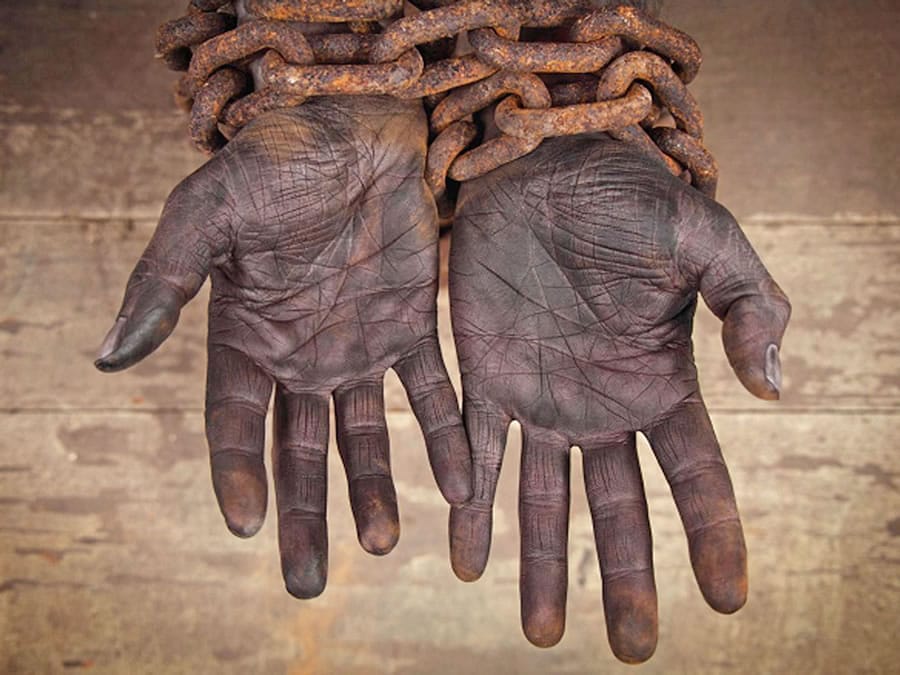
The Politics of Slavery Essay
The Politics of Slavery-how did moral challenges and economic defenses alter the American Political landscape from 1792 until secession?
By the end of 1790, more and more political leaders were considering slavery to be a dying institution, and they were sure that it had to be abolished, so that the slaves could have the possibility to return to their natural homes in Africa.
As a result, the imports of slaves into the New World were declining, the prices of slaves were dropping as the crops that were once grown by slaves, such as rice, tobacco and indigo—did not bring enough money to pay for their maintaining. In addition, many planters replaced tobacco with wheat and corn as tobacco was considered to be a labor-intensive crop, featuring a slave labor force, while wheat and corn did not feature it.
Those times the American Colonization Society, active in North and South, was trying to implement those ideas and as a result there was established the colony of Liberia in Africa with the aim to repatriate slaves out of white society. Nevertheless, in 1840 they decided to deny the repatriation to Africa.
In addition, other important person was William Lloyd Garrison, The Liberator founder, a newspaper with the anti-slavery policy as well as the Anti-Slavery Society of America calling for abolition.
There was also a slavery abolitionist movement among the white Protestants that was based on the main principles of the Second Great Awakening. In addition, it was Evangelist Theodore Weld who led abolitionist revivals that called for the immediate slaves’ emancipation.
Besides, both American and British women became active in anti-slavery movements in the 19th century. As a result, in 1837, an Antislavery Convention of American Women met in New York City, featuring both black and white women.
However, white abolitionists did not always meet agreeable communities in the North. As a result, Garrison was almost lynched in Boston and Elijah Lovejoy, the publisher of the newspaper was killed in Alton, Illinois. Moreover, the anger concerning abolition came to Congress. Most whites regarded African-Americans to be an inferior race, featuring hardly any abolitionist taste and they used to assume to be like Garrison.
In addition, African-Americans featured hardly any freedom even in those states where they didn’t permit slavery. In addition, they were not only shunned and subjected to the discriminatory laws, but they also had to compete for menial and less-wage jobs with the immigrants from Ireland.
Meanwhile, the Southern planters thought that in order to get profit they needed slaves to run their plantations and they were sure that emancipated slaves would try to Africanize the country as they had previously done in Haiti.

